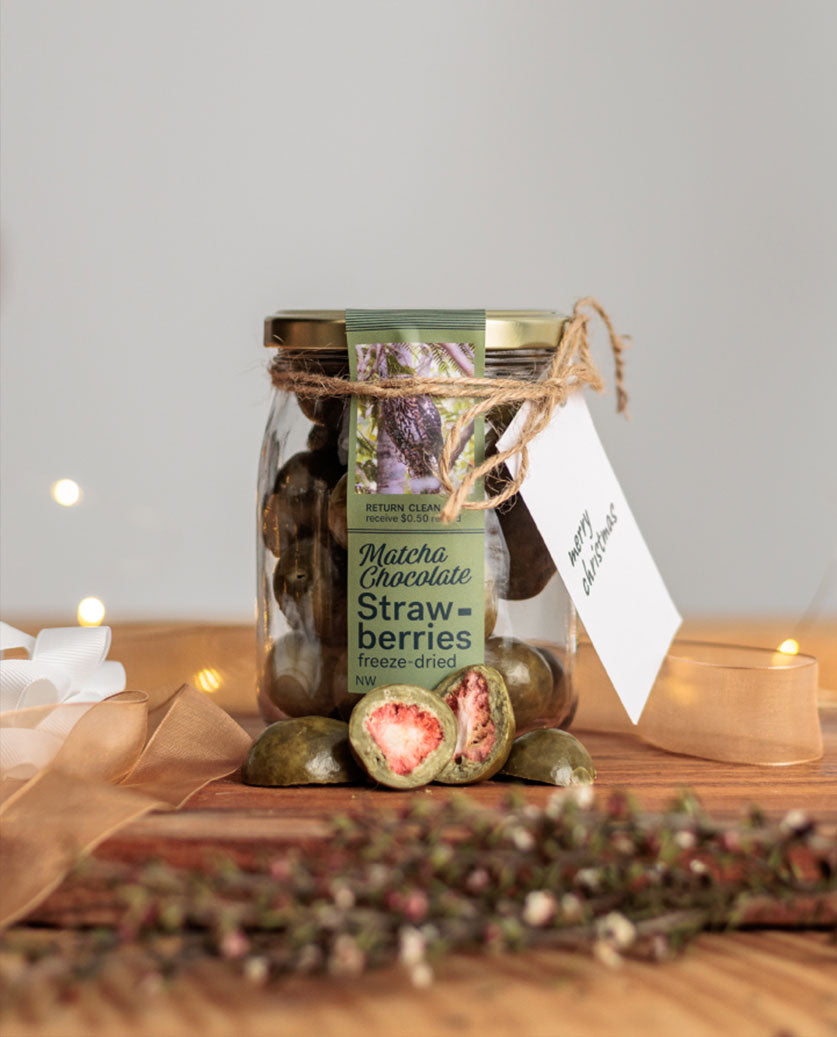The Plastics You Haven’t Thought About
So you’ve sorted your Lifetime bottle, your KeepCup stays in your handbag at all times, your pantry is organised with labelled jars and containers, and you’ve got a good stash of reusable bags for grocery shopping. Now we are challenging you to explore a little further into your plastic consumption to eliminate even more… The types of plastic you perhaps haven’t thought about yet.
Chippie Packets
Chippie packets aren’t recyclable and must be thrown out in the rubbish. Although the inside of the packet is shiny and looks like it could be foil, it is in fact a metallised plastic film. A simple way to find out whether an item is either foil or metallised plastic film is to scrunch it up in your hand; if it remains ‘scrunched’ it is foil and can be recycled, but if it springs back it is most likely unrecyclable plastic film.
The giant international crisp brand, Walkers, has recently announced a recycling scheme for chippie packets, encouraging people to drop their empty packets off at one of the hundreds of public access collection points in the UK. Once the packets have been collected they will be cleaned, shredded and turned into small plastic pellets which can then be converted into useful plastic items, such as benches and fence posts. Let’s hope more NZ chip companies follow suit with similar initiatives.
Pot Plants
The cost of sterilising plant pots in order for them to be recycled effectively is huge, and with no one taking responsibility for this process, millions of plastic pot plants are ending up in landfills every year. Some garden centres offer recycling initiatives, however there are other ways to avoid plastic pot plants for the green fingers out there. Biodegradable pots made from corn starch are available in some places and these can be reused a number of times before composting. Further, grow your own fruits, vegetables and plants from seeds. Saving your own seeds and swapping them with others is the best way of sourcing seeds without having to purchase in plastic packaging each time you’re planting.
Fishing Gear
Abandoned fishing gear accounts for 46% of all ocean plastic. There are reports that 640,000 tons of gear are lost and pollute oceans each year. This “ghost gear” continues to catch, wound and kill unintended sealife. If you’re out on the water often, make sure all your gear is accounted for, as well as keeping a watchful eye for abandoned gear and retrieving it where possible.
Party Accessories
Many balloons end up in the ocean, not only through storm water but also from being released into the air. Balloons aren’t a necessity and there are plenty of other fun, festive alternatives to use at kids’ birthdays and other celebrations. Additionally, plastic ribbon is a common gift decoration that is unnecessary and can be hazardous if it finds it way into the oceans. Try using jute string instead, for a chic and minimalist look.
Illness Remedies
While it’s always a great choice to remedy ailments with natural, wholefood sources, we understand that sometimes this just doesn’t cut it. Tablet strips are used to hold so many different remedies and medications, and being made of both plastic and foil fused together makes them near impossible to recycle. Opt for homemade remedies where possible, which of course take additional effort and time but are most likely better for your health as well as the planet. Alternatively, seek out plastic or glass bottles as opposed to tablet strips since they can be reused, recycled or upcycled once empty. Many herbal remedy companies now offer liquid forms of their supplements which could be the solution you’re looking for!


 GoodFor
GoodFor





